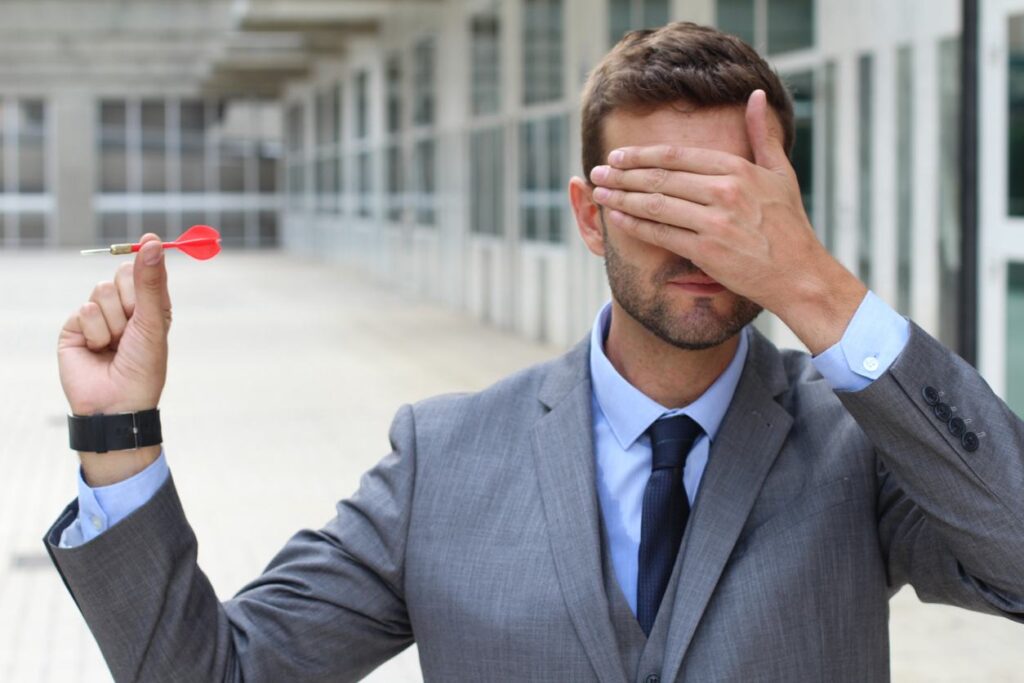Negligent vs. Reckless Acts in Personal Injury Cases
After you’re hurt in an accident, you try to learn all that you can about accidents and Florida law. You want to know what the standards are to prove your case and what you can recover. When you understand the law, you can make wise decisions about how to pursue your case and set about to build your claim in the best way possible.
Part of building a strong case is evaluating whether the other party acted negligently, recklessly or intentionally. The other party is liable for your injuries whether they act negligently, recklessly or intentionally. But the conduct of the other party is relevant to what you and your Miami personal injury attorney can work to recover. Here’s what you should know about negligent, reckless and intentional conduct.
Negligence, Recklessness and Intentional Conduct
You can prove liability in a personal injury case by showing that the other party acted with negligence, recklessness or intentional conduct. The differences between each standard of conduct involve the amount of knowledge that the other party has about the seriousness of their actions and the likelihood that their actions are to cause harm to others. The more dangerous the other side’s behavior, the more damages that you may be able to claim in your case.
Do I Have to Prove Negligence in a Products Liability Case?
You do not have to prove negligence in a products liability case. There are some cases where the victim doesn’t have to show that the other party acted with any kind of ill intent. If you’re hurt because of a defective product, you only have to show how the defective products led to your injury. Our attorneys for civil claims in Miami can help you understand if your case falls under this exception.
What Is Negligence Under Florida Law?
Negligence is not being careful enough. Negligence is failing to use the same amount of care that a reasonable, ordinary person would use in any given situation. Each person in society has to behave carefully so that they don’t hurt other people. When a person fails to act with enough care, they act negligently.
To show that someone acts with negligence, you don’t have to show that the other person knows that their actions are likely to result in harm. All you have to show is that they aren’t careful enough in their actions and that your injury is the result. For example, someone who drives 10 miles over the speed limit may not intend for their actions to cause harm, but a careful person wouldn’t drive that fast. Likewise, if a business owner fails to clean up a spill, they might not mean for anyone to fall and get hurt, but a reasonable business owner would clean up the mess.
These are two examples of negligent conduct under Florida law, but there are countless ways that a person may act negligently. If you’re hurt as a result of someone else’s behavior, there’s a good chance that negligence may be a factor in the events that lead to your injuries. Even if you can’t identify how negligence applies, your skilled injury attorneys in Miami can help you investigate and apply Florida’s legal standards to your case.
What Is Recklessness Under Florida Law?
Recklessness under Florida law means conduct that is so careless that the person shows a conscious disregard for the safety of others. Florida law 768.72 defines recklessness for civil cases. Recklessness is also called gross negligence. Under Florida law 768.72, recklessness or gross negligence means conduct “so reckless or wanting in care that it constituted a conscious disregard or indifference to the life, safety or rights of persons exposed to such conduct.”
The difference between recklessness and negligence is that recklessness is conduct that is so obviously dangerous that the person knows or should know that their behavior could lead to harm. In some cases, but not all cases, reckless behavior can be a crime as well as a civil wrong. For example, a person who drives drunk knows that their behavior has a substantial likelihood of causing harm. Likewise, a person who drag races 25 miles over the speed limit may be committing reckless driving in addition to committing civil recklessness.
What Is Intentional Conduct Under Florida Law?
Florida law 768.72 also defines intentional conduct. Intentional conduct occurs when a person has actual knowledge of the wrongfulness of their actions and the high probability that harm is going to result. When a person knows the wrongfulness and the danger of a course of action and proceeds anyway, their conduct is intentional conduct.
What Can I Recover If I’m Hurt Because of a Reckless or Intentional Act?
If you’re hurt because of a reckless or intentional act, you may be able to recover punitive damages in addition to economic and non-economic damages. The difference between negligence, recklessness and intentional conduct matters because you can ask the court for punitive damages if you’re hurt because of reckless or intentional conduct by the other party. If the other party knows or should know that there’s a high probably their actions could result in harm, they may have to pay you an additional amount in addition to your other damages. The purpose of punitive damages is to punish bad actors for extremely dangerous or intentionally damaging behavior.
There are some limits to punitive damages written into Florida law that you should be aware of. It’s also important to remember that you must include your claim for punitive damages in your initial filing documents. Our experienced personal injury lawyers can evaluate whether your claim qualifies for punitive damages and help you incorporate a request for the appropriate amount in your claim.
Working With Our Personal Injury Attorneys in Miami
Have you or a loved one been hurt by the reckless behavior of someone else? Are you trying to determine whether the other party acted with negligence, recklessness or acted intentionally? We can help. With a team of carefully chosen and trained legal professionals, we can evaluate your case to determine what legal standards apply. The legal team at Bernstein & Maryanoff can help you create a plan to pursue a fair recovery. Call us today to begin.
About the Author

Jack G. Bernstein, ESQ.
Jack Bernstein is a hard-working and highly motivated personal injury attorney in Miami, Florida with over three decades of experience. He is a strategist and idea person, with a genuine passion for helping his firm’s clients. If you’ve been injured, contact Jack Bernstein today for a free evaluation of your case.

